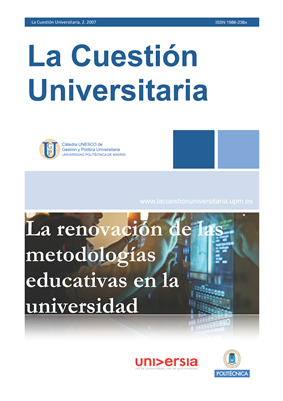Accountability and student learning in the USA
Resumen
Over the past two decades, there have been a variety of efforts to shift the primary purpose of US higher education institutions to the production of learning rather than the delivery of instruction (Barr and Tagg, 1995). In 1983, A Nation at Risk (U.S. Department of Education, 1983) raised concerns about elementary, secondary and postsecondary educational outcomes. Other reports such as Access to Quality Undergraduate Education (Southern Regional Education Board, 1985), Integrity in the College Curriculum (Association of American Colleges, 1985), and To Reclaim a Legacy (Bennett, 1984) called for assessment of student learning (Ewell, 2002; Huba & Freed, 2000). Recently, a commission convened by US Education Secretary Margaret Spellings released A Test of Leadership: Charting the future of U.S. higher education (2006). The Spellings Commission noted "...a remarkable absence of accountability mechanisms to ensure that colleges succeed in educating students" (US Department of Education, p. xii).
Descargas
Descargas
Publicado
Número
Sección
Licencia
1. Los autores conservan los derechos de autor y garantizan a la revista el derecho de una Licencia Creative Commons Atribución - Nocomercial 4.0 Internacional que permite a otros compartir el trabajo con un reconocimiento de la autoría y uso no comercial.
2. Los autores pueden establecer por separado acuerdos adicionales para la distribución no exclusiva de la versión de la obra publicada en la revista (por ejemplo, situarlo en un repositorio institucional o publicarlo en un libro).
Salvo indicación contraria, todos los contenidos de la edición electrónica se distribuyen bajo una licencia de uso y distribución “Creative Commons"




